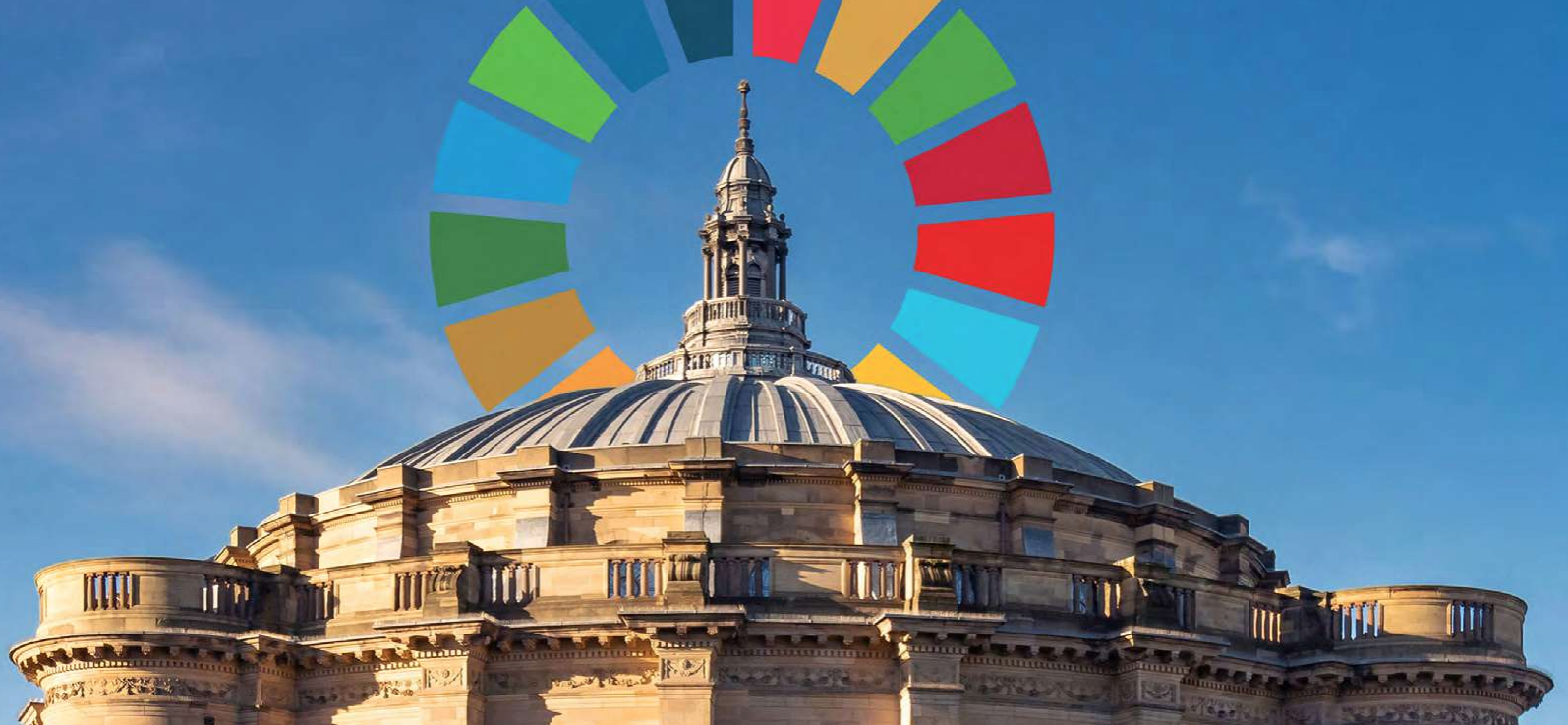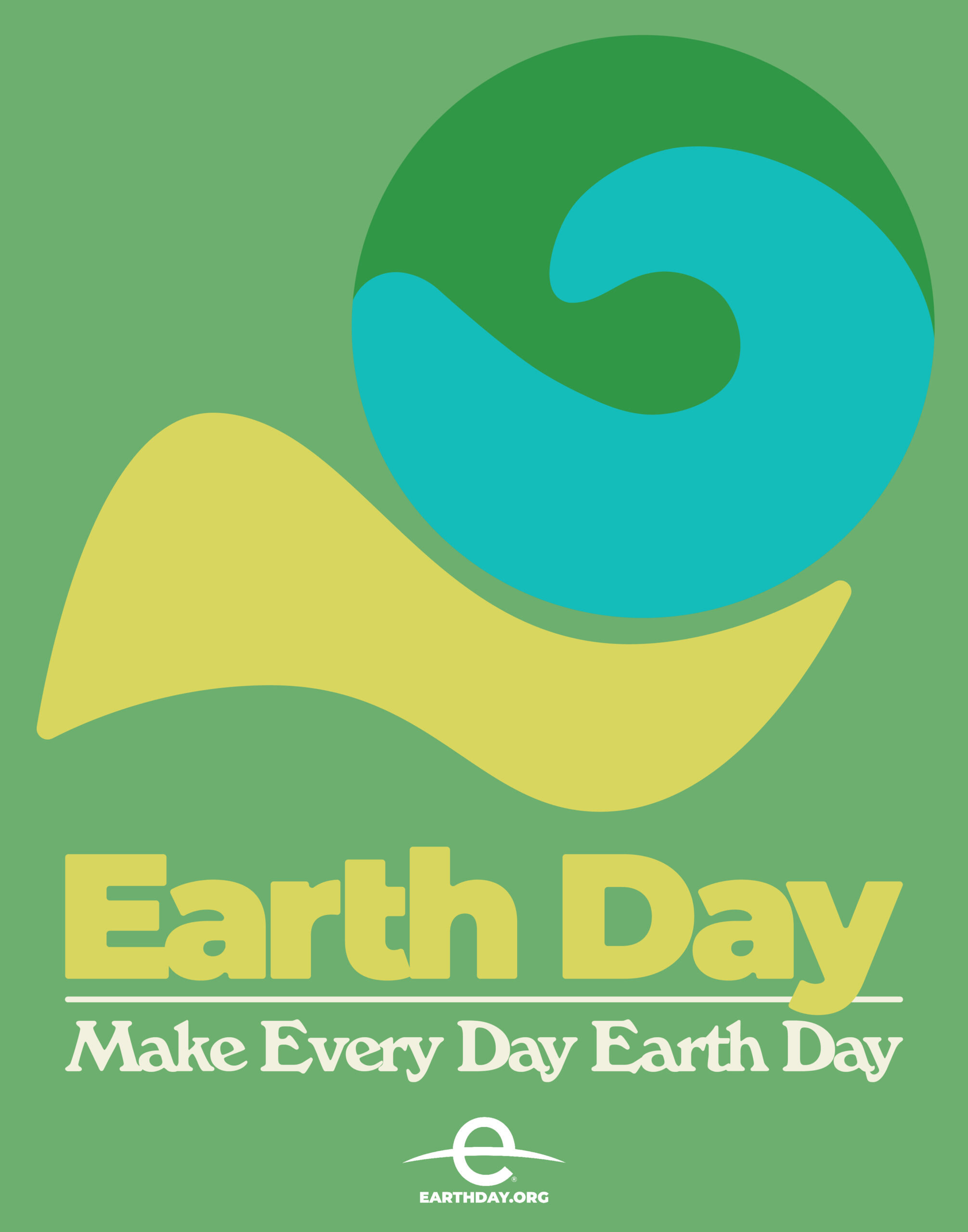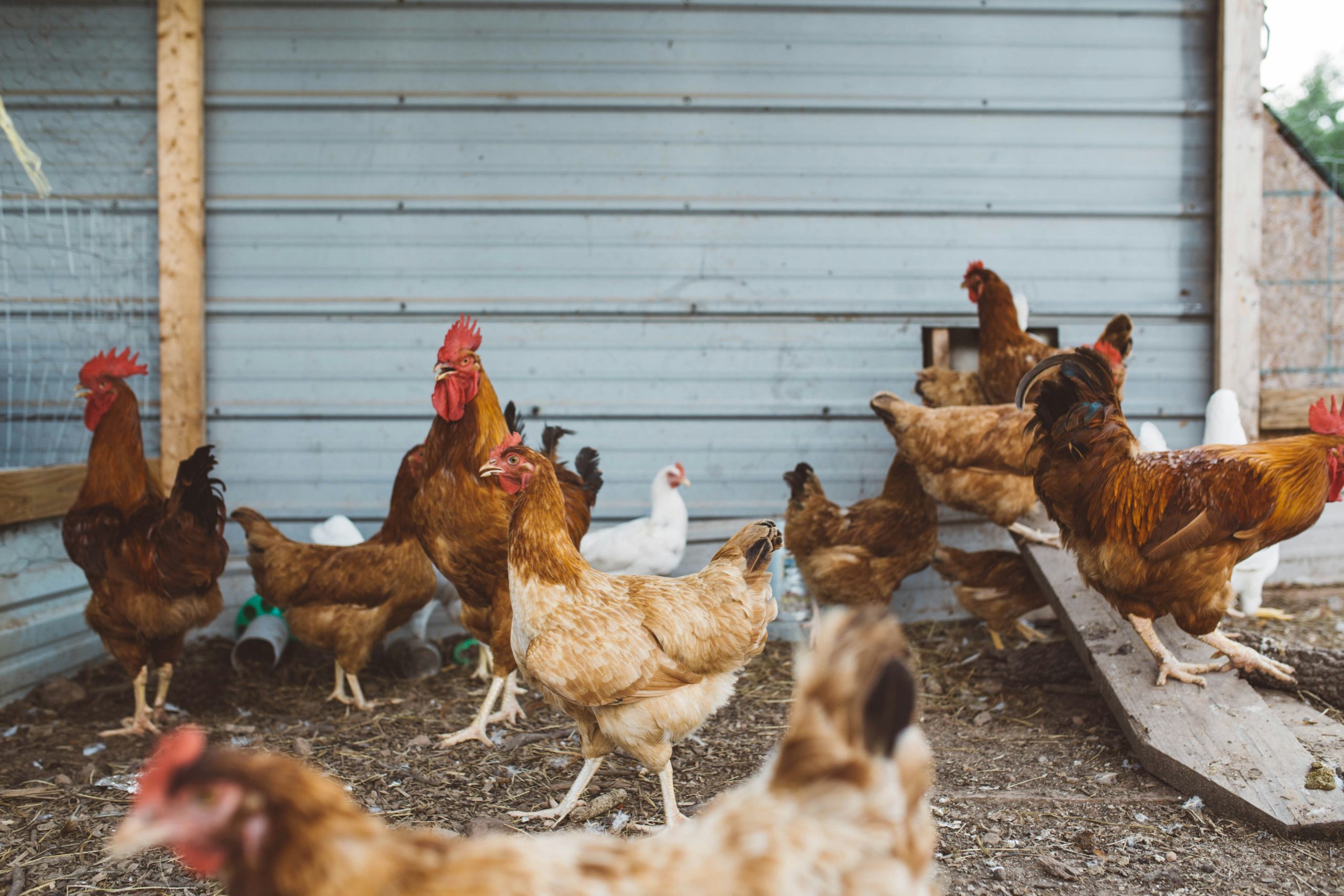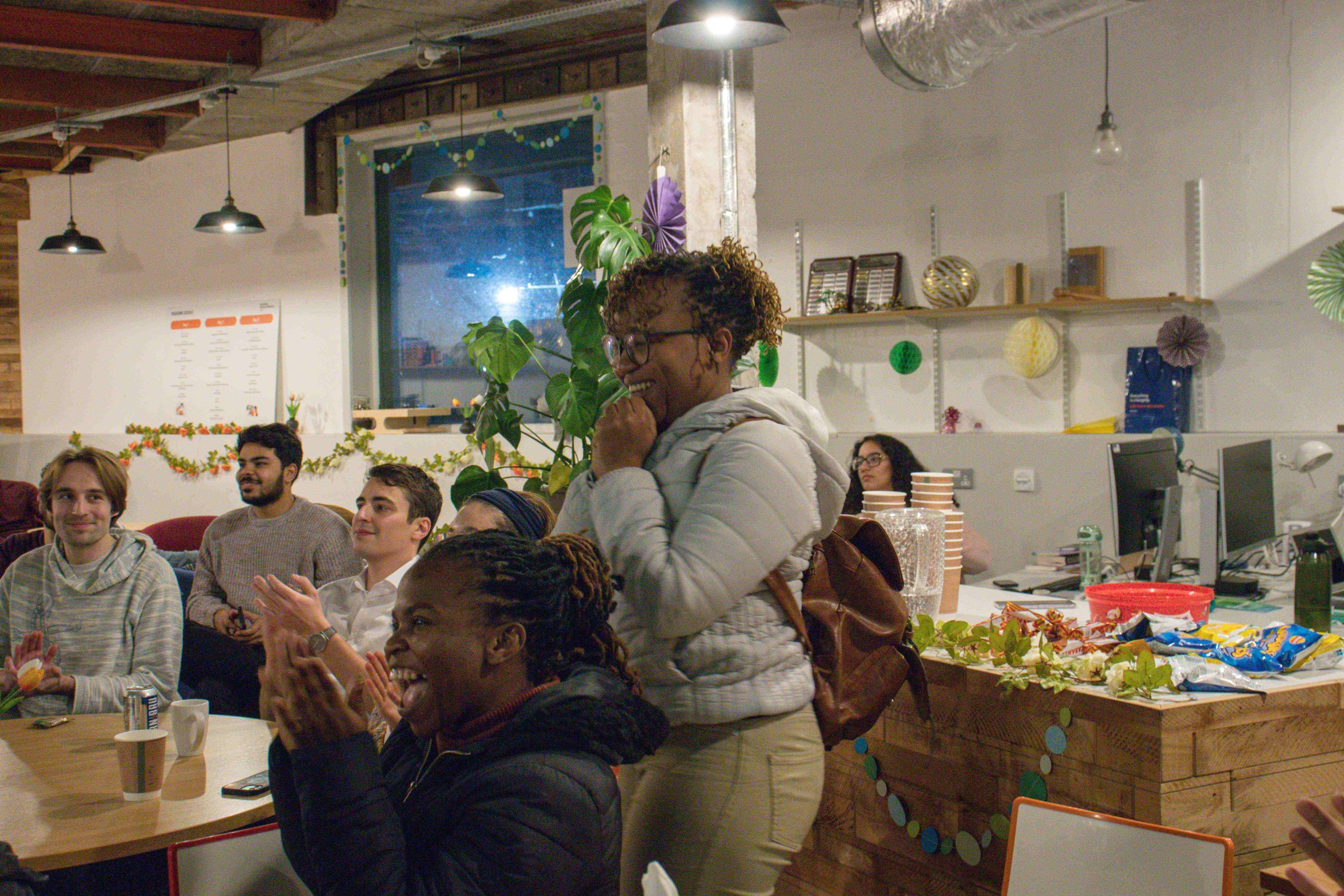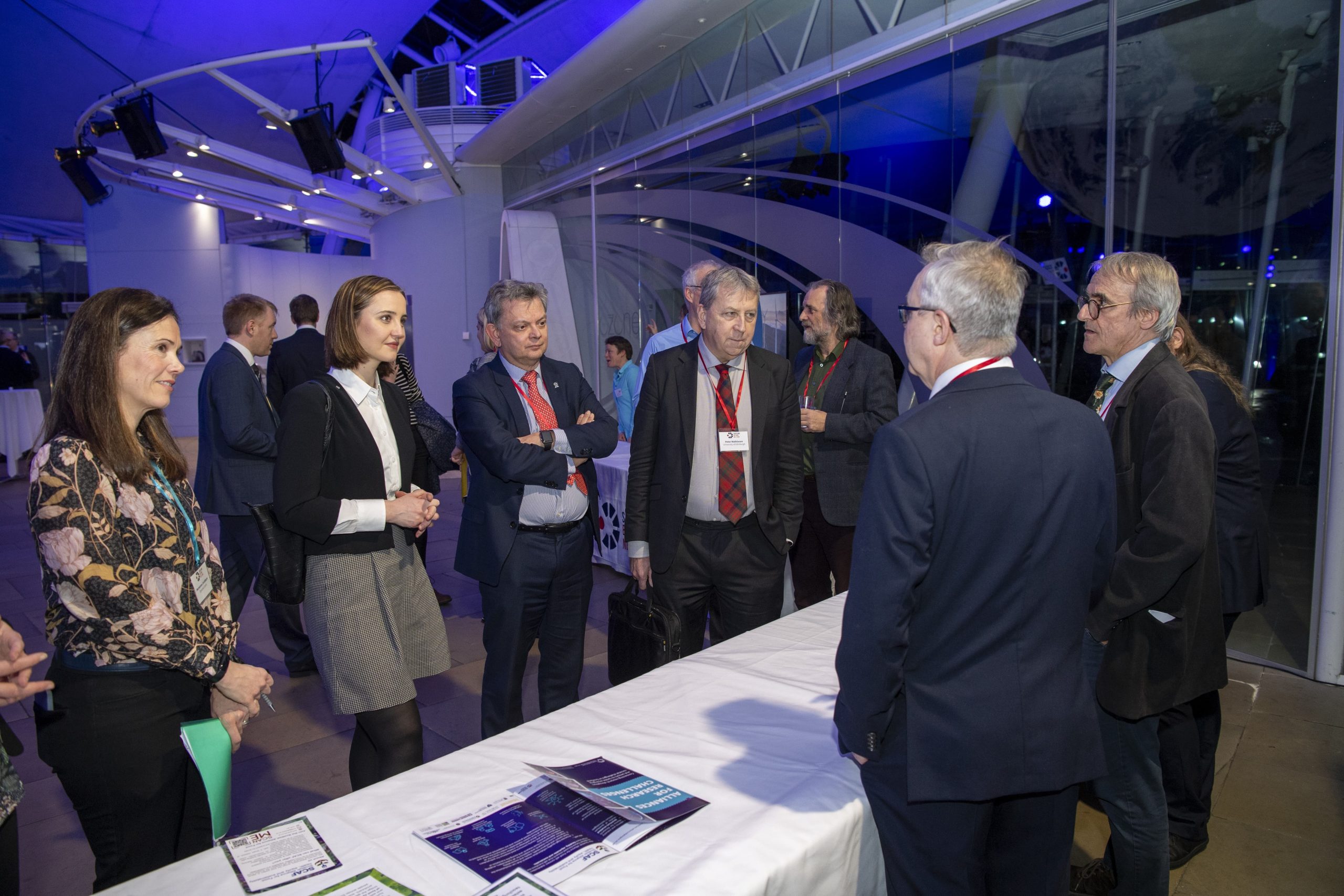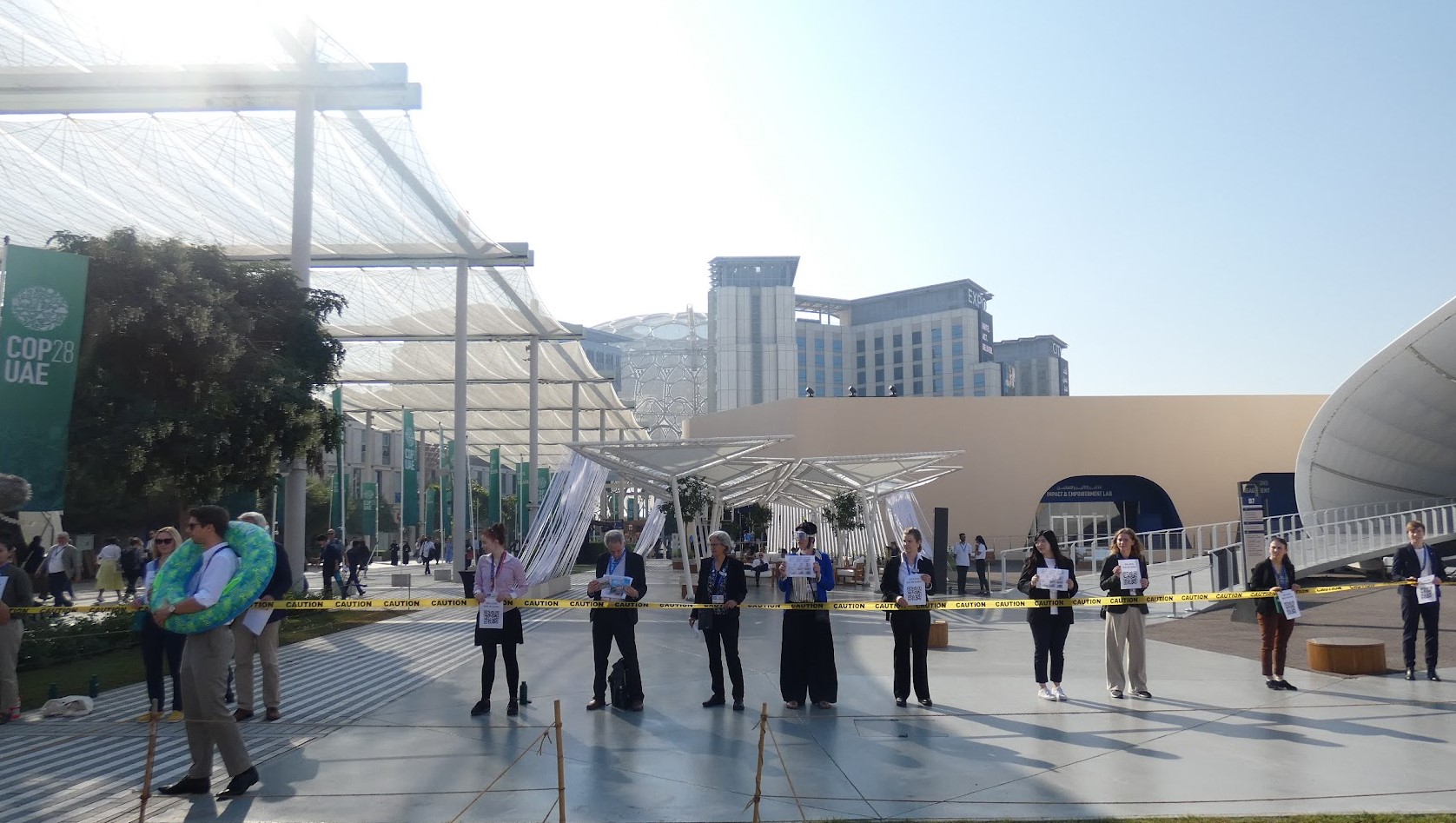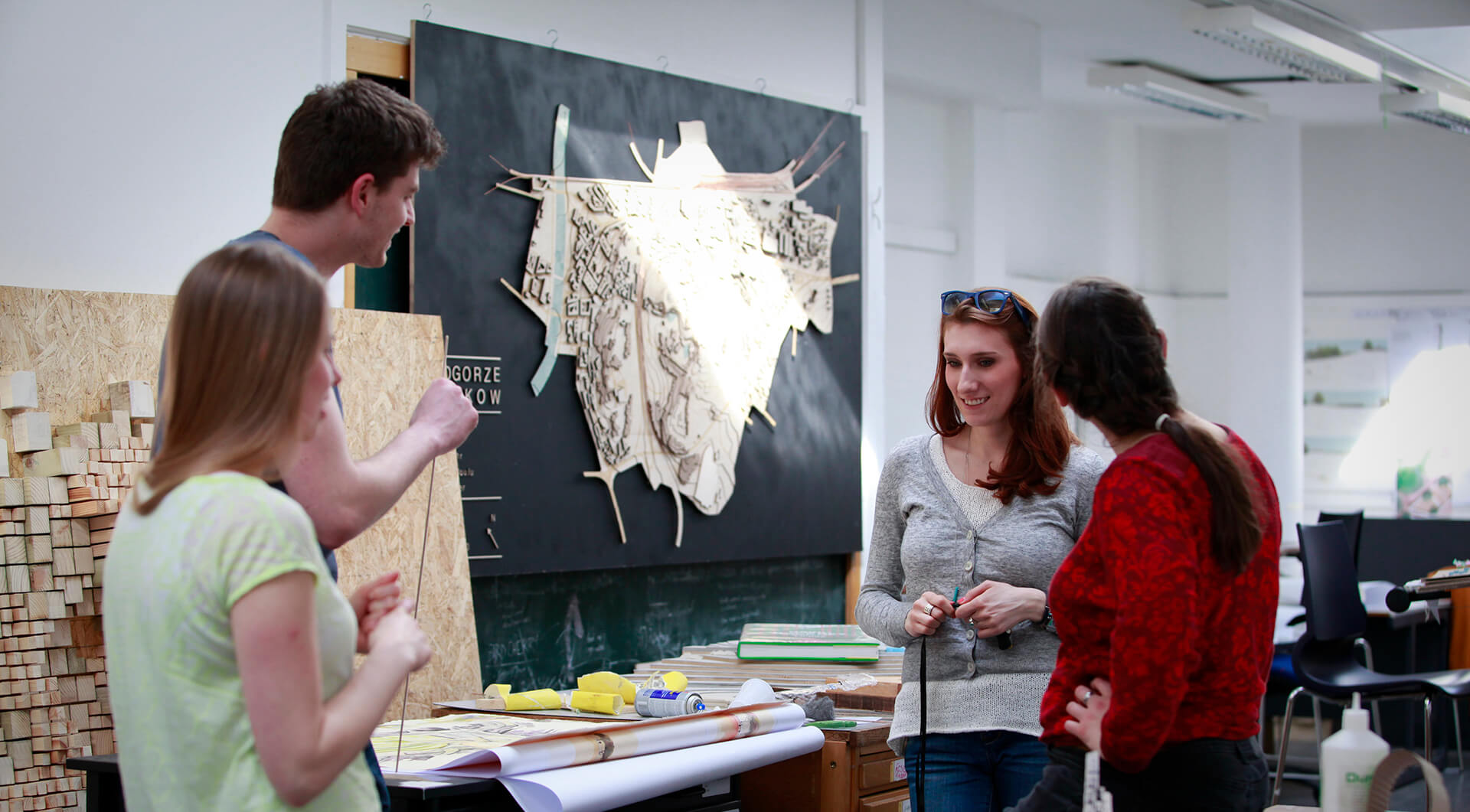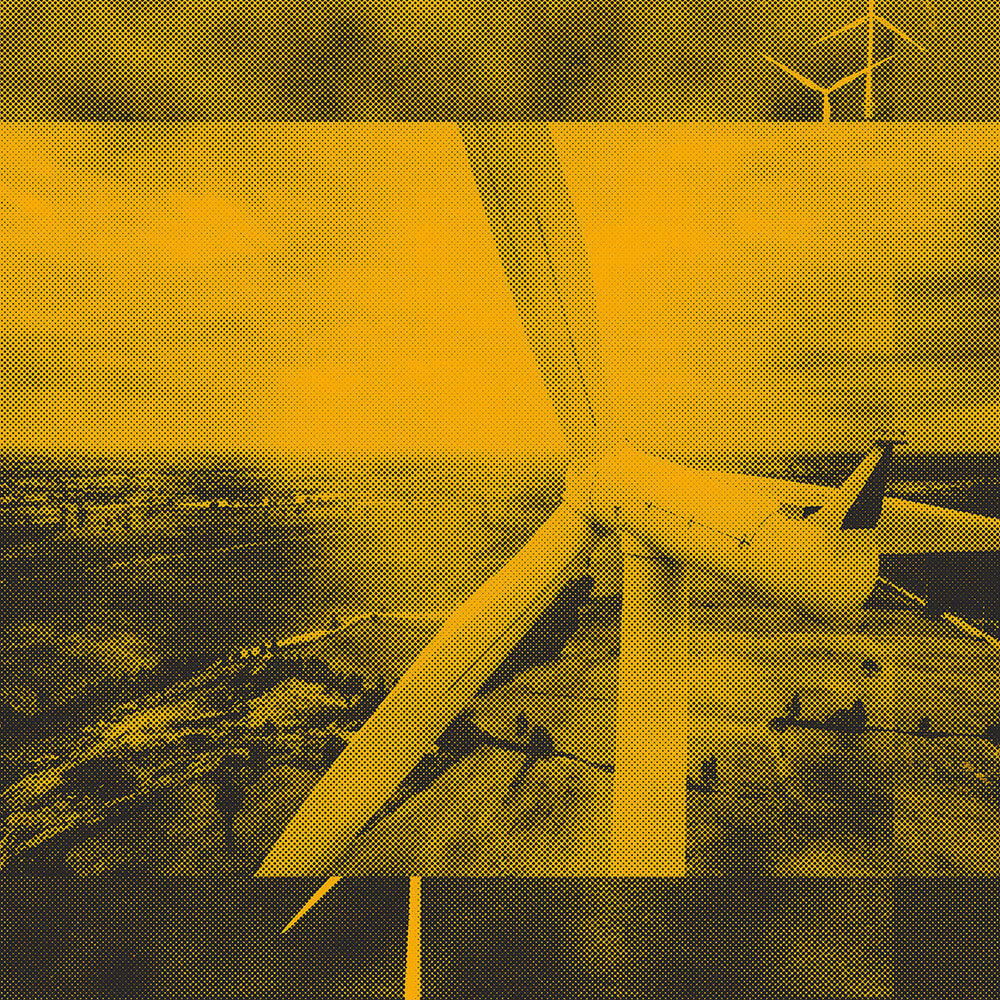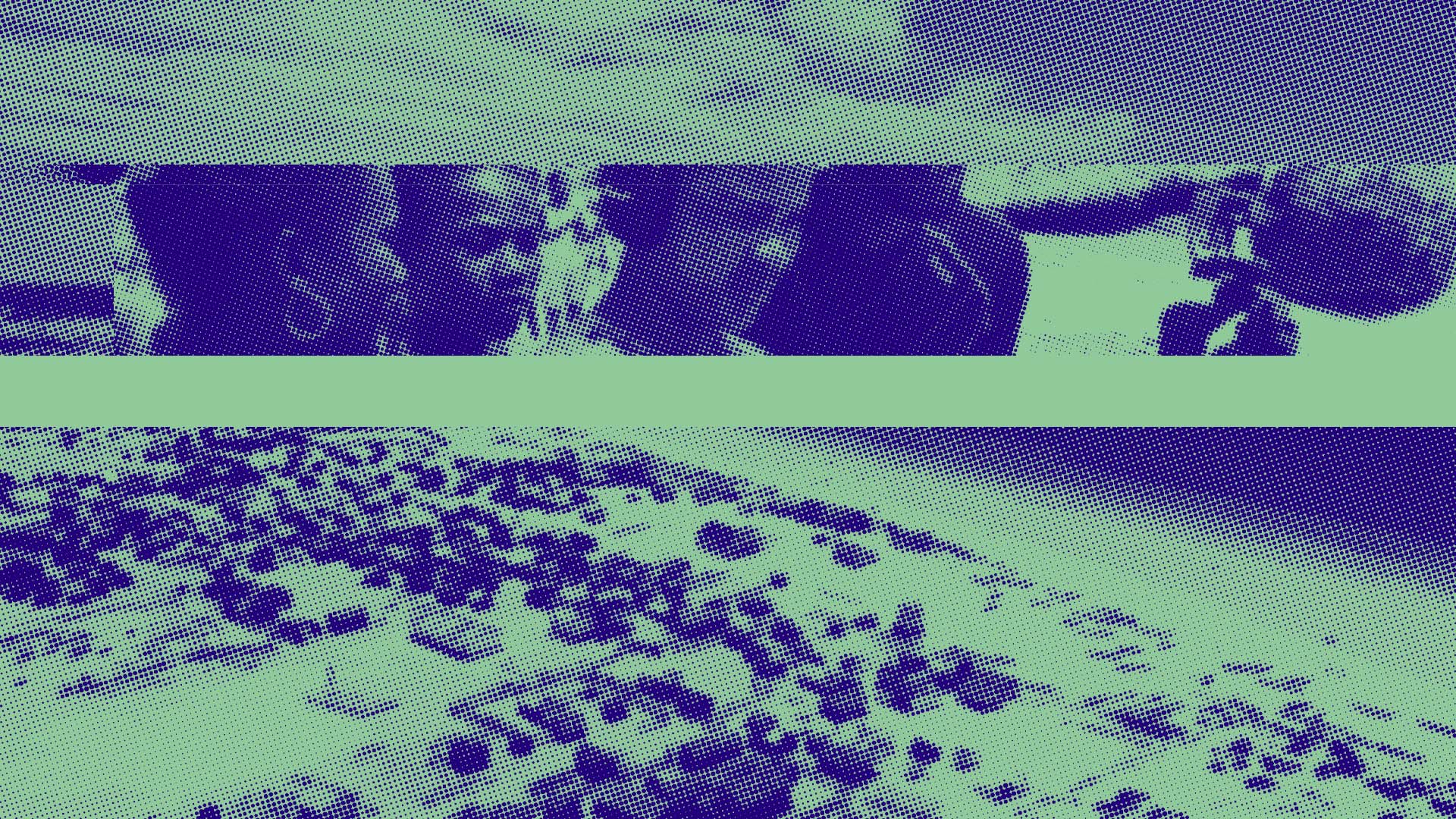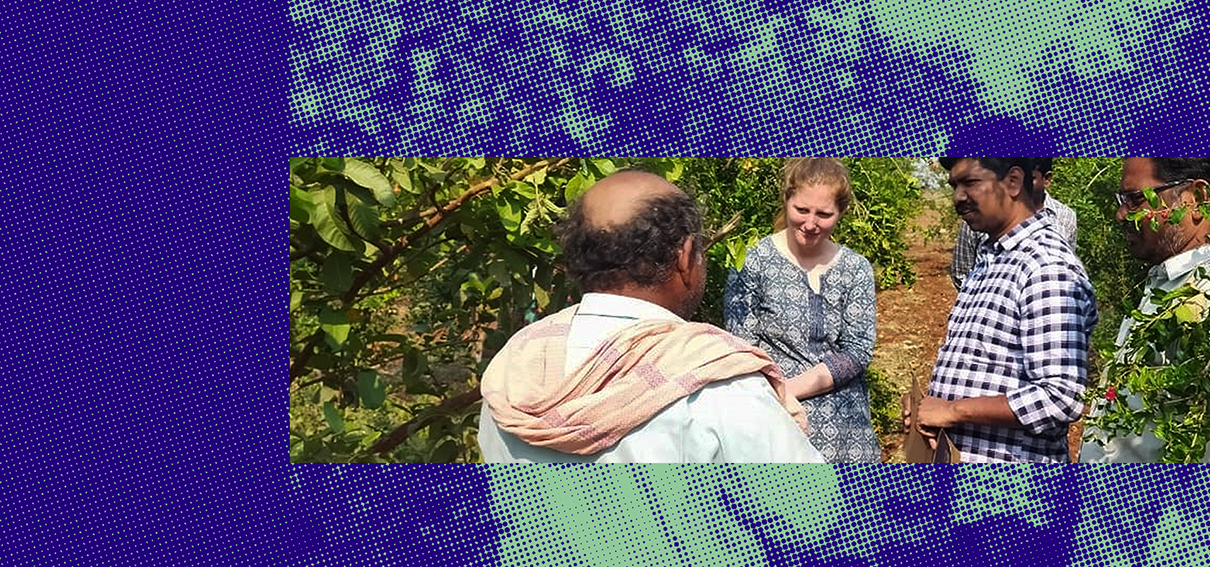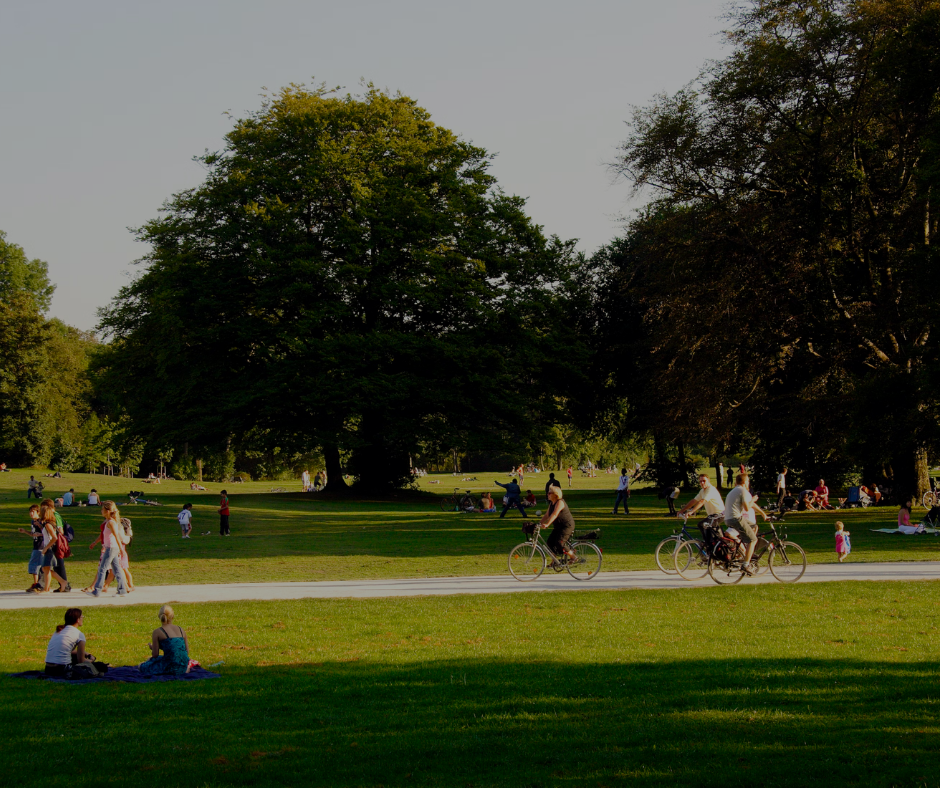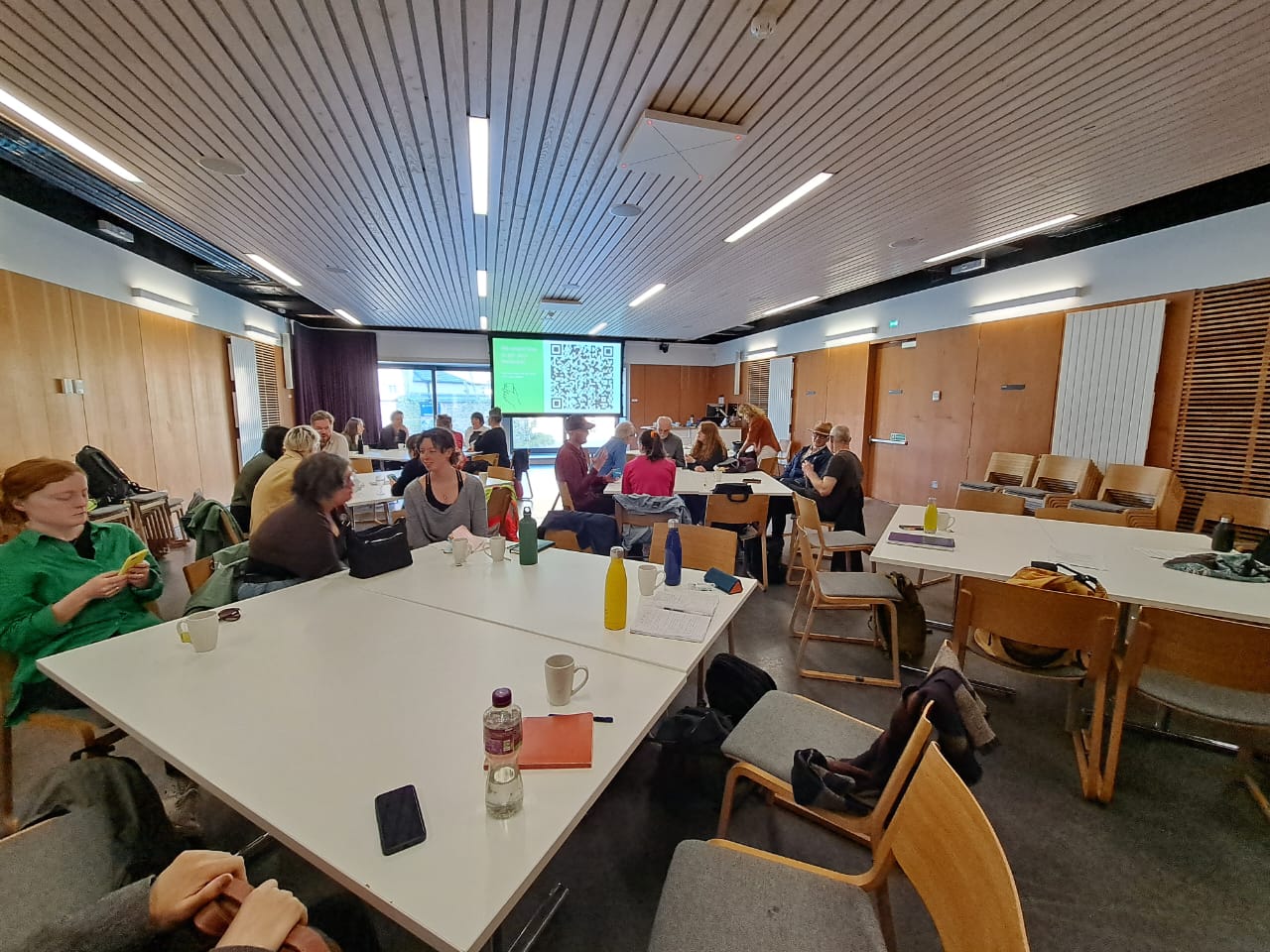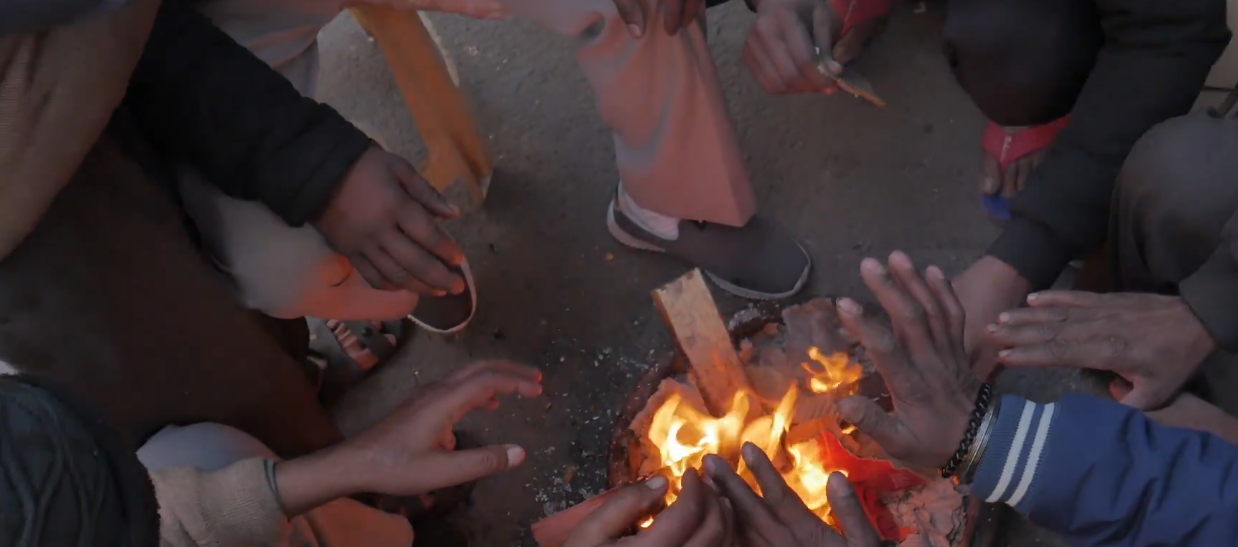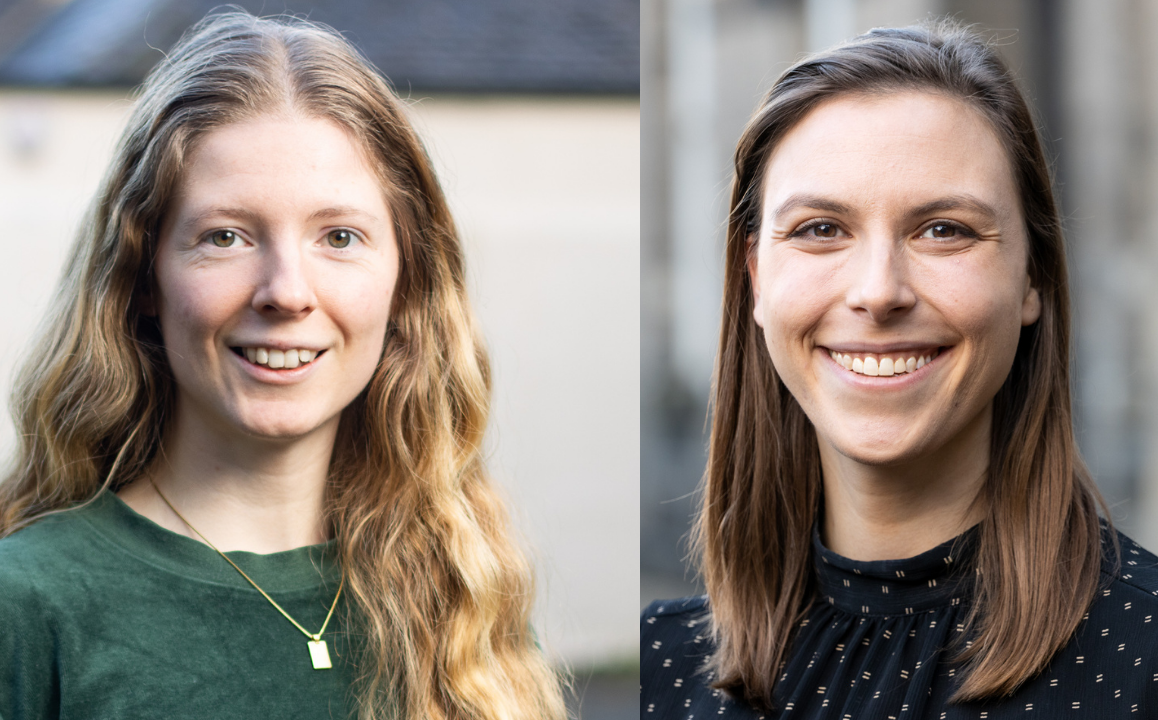We sat down with Earth Fellow alumnus Eloise Bevan to hear about her inspiring journey as a PhD Chemical Engineering student, Advanced Earth Fellow and start-up entrepreneur.
Eloise Bevan will complete her PhD in Chemical Engineering in 2025. As an Advanced Earth Fellow she worked with Dr Arno Verhoeven, School of Design, on the Low Voltage Living project in 2023, working to deliver workshops with Fellows and researchers to challenge predominant sociotechnical narratives regarding social behaviour, technical emancipation and the role of critical infrastructures in energy production, storage and distribution.
She launched her company DuaBon while still studying. DuaBon is pushing the boundaries of environmental technology with its innovative biochar technology, offering an affordable solution to carbon capture. Eloise’s vision earned her the Grand Prize and Entrepreneurial Spirit Award at the University of Edinburgh’s Start Up Summer Accelerator.
Q: What was your Earth Fellow project about and how would you reflect upon it now?
Eloise: As an Advanced Earth Fellow, I co-developed and facilitated a series of ThinkTanks focused on energy generation, distribution, storage and consumption. These sessions brought together a diverse group of university stakeholders, where we used innovative techniques to gather their insights and ideas on these topics. From these discussions, we identified potential future research directions to support sustainable progress and research in these fields at the university. My fellowship experience was incredibly rewarding as I diversified my knowledge and gained new skills in idea cultivation and discussion. The cross-collaboration with a range of talented experts at the different colleges and institutes at the university really was a unique and rare opportunity too!
Q: What sparked the idea for DuaBon, and what made you pursue it as a startup company?
Eloise: The idea for Duabon came to life during a holiday in Indonesia, where I saw vast amounts of coconut husk waste there. Having studied hydrothermal carbonization (HTC) biochar technology for my PhD, I knew its immense potential for carbon sequestration but was also aware of the high costs involved in bringing this process to market. As I was getting my hair done for my sister’s wedding, I couldn’t resist the engineer’s urge to sketch out the idea I had for a low-cost design, complete with mass and energy balance calculations, to see if the numbers worked – and they did! My passion for sustainable development and the impact biochar can have on our planet is what inspired me to turn this concept into a startup.
Q: What real-world problem does DuaBon solve, and what impact do you aim to create?
Eloise: Duabon combines the words ‘Dual’ and ‘Carbon’ to reflect our dual impact: both sequestering and reducing carbon emissions. At Duabon, we convert biomass—such as waste coconut husks—into biochar, a carbon-rich material similar to coal. This biochar is then used as an aggregate in cement, effectively locking carbon away for millennia, reducing cement requirements, and enhancing the thermal insulation of buildings. Our process addresses multiple societal needs, from waste reduction to carbon removal and improving building energy efficiency, creating a positive environmental and social impact across various scales.
Q: What attracted you to the University of Edinburgh’s climate initiatives, like the Earth Fellows programme, and its entrepreneurship programmes, such as the Start-up Summer Accelerator?
Eloise: I was drawn to the University of Edinburgh’s climate initiatives, such as the Earth Fellows programme, because they offer the flexibility to drive impactful projects alongside completing my PhD studies. I wanted to apply myself in meaningful ways out-with the niche of PhD research, and the Earth Fellows programme allowed me to do this whilst learning from others and contributing to tangible climate solutions. Similarly, the Summer Accelerator was an ideal opportunity to explore entrepreneurship towards the end of my PhD journey. I sought to gain practical knowledge on launching a venture, assessing feasibility, and building a foundation for a potential startup within a supportive community. In the year I applied, the Summer Accelerator had a strong affinity to sustainable business ideas, which really motivated me to apply with DuaBon.
Q: Is there anything you learned during your Earth Fellowship that has helped you in your entrepreneurship journey, or vice-versa?
Eloise: Though distinct experiences, my time as an Earth Fellow deeply inspired my entrepreneurship journey. Being part of a community of like-minded, passionate individuals working to combat climate change reinforced my commitment to having a positive impact in the work I do. Engaging with experts and advocates who were both educating themselves and actively driving change sparked a profound desire in me to channel that same energy into my ventures. This experience solidified my drive to ensure that any business I create contributes meaningfully to climate solutions.
Q: What motivates you as an entrepreneur?
Eloise: My motivation as an entrepreneur comes from a desire to make a meaningful contribution towards the sustainable development of society. For me, entrepreneurship is more than building a business; it’s about creating something that can drive positive, lasting change. This sense of purpose keeps me focused, even through challenges, because I know I’m working toward something larger than profit. Knowing my work has the potential to impact society in a real way fuels my drive and keeps my commitment strong.
Q: What advice would you give to other students who are interested in addressing climate challenges?
Eloise: My advice: go for it! If you’re passionate about addressing climate challenges, don’t wait—your unique perspective and skills are invaluable in this space. We’re at a pivotal moment, as awareness of the climate crisis grows and both interest and investment in climate-focused ventures increase. By stepping up, you have the chance to create meaningful change and contribute your own insights to solutions that the world urgently needs. Don’t let the opportunity pass—take that first step, and you might just inspire others to join you too.
Q: What’s next for you and your company?
Eloise: My primary focus right now is finishing my PhD! I’m nearing the end, but unlike a master’s, the PhD journey is flexible and unpredictable as the thesis undergoes multiple reviews before the defence is scheduled! For DuaBon, the next steps involve securing funding to develop a full-scale prototype and finalising the patent for our cost-effective carbon sequestration process. Once these are in place, we’ll be ready to bring this innovative solution to market and make a tangible impact in carbon reduction!
Earth Fellows opportunities
We’ll be hiring for new Earth Fellow roles for University of Edinburgh students in the future. Keep an eye out for more information on LinkedIn.
Researchers at the University of Edinburgh can host Earth Fellows to support their areas of research and contribute to the wider strategic aims at the University of Edinburgh. Find out more and apply by Wednesday 14 May.


